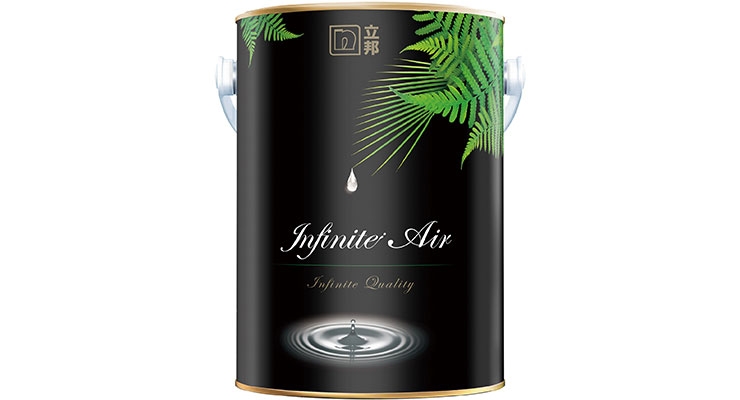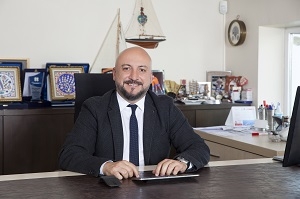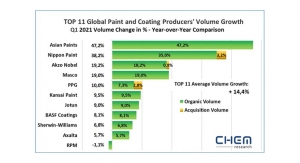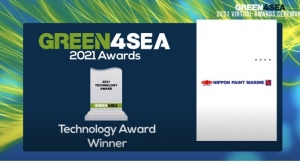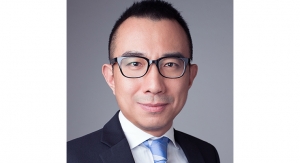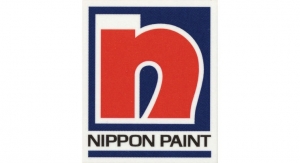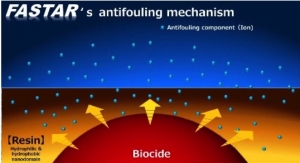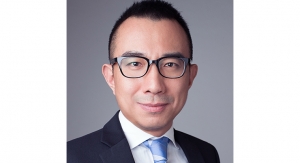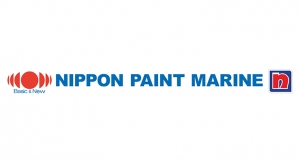05.31.18
Nippon Paint’s Infinite Air is the first interior paint in China to use dispersions produced according to BASF’s biomass balance approach. The launch of this new paint, by Asia’s largest coatings manufacturer and service provider, helps save fossil resources and reduce greenhouse gas emissions while providing excellent product performance including low odor.
“Nippon Paint is excited to develop this new eco-friendly interior paint together with our raw material partner BASF. As an innovation pioneer in the paint industry in China, it is our responsibility to produce high quality paints in an environmentally-friendly, sustainable manner,” said Tony Tsai, VP, Trade Use Unit Decorative Coatings Division Marketing, Nippon Paint.
The TÜV SÜD-certified biomass balance approach is a sustainability concept developed by BASF. At the beginning of the production process, fossil resources are replaced with renewable feedstock, such as bio-naphtha or biogas derived from biomass. The sustainability of the biomass feedstock like plant oil or crude tall oil (wood residue from the paper industry) is assured through well-recognized certification systems, such as, International Sustainability & Carbon Certification (ISCC) and REDcert.
“With this sustainable method, our latest Infinite Air paint can be produced with dispersions derived from certified renewable raw materials like sustainable palm oil or residues from Scandinavian wood. Each liter of paint thus helps conserve fossil resources and reduce overall greenhouse gas emissions. We aim to contribute to sustainable development while offering safe and environmentally-friendly interior paint to our customers in China,” Tsai added.
“Our collaboration with Nippon Paint helps meet increasing demand for sustainable solutions. We will continue to develop innovations that allow our customers meet the end consumer needs and legislations,” said CheeSeng Yong, head of regional marketing, Polymer Dispersions for Architectural Coatings, Dispersions & Resins Asia Pacific, BASF.
The biomass balance for Infinite Air is certified by global verification organization TÜV SÜD in strict accordance with the German CMS71 standard. This certification verifies that the fossil resources consumed for this specific product are fully replaced by renewable feedstock at the beginning of production process.
“Nippon Paint is excited to develop this new eco-friendly interior paint together with our raw material partner BASF. As an innovation pioneer in the paint industry in China, it is our responsibility to produce high quality paints in an environmentally-friendly, sustainable manner,” said Tony Tsai, VP, Trade Use Unit Decorative Coatings Division Marketing, Nippon Paint.
The TÜV SÜD-certified biomass balance approach is a sustainability concept developed by BASF. At the beginning of the production process, fossil resources are replaced with renewable feedstock, such as bio-naphtha or biogas derived from biomass. The sustainability of the biomass feedstock like plant oil or crude tall oil (wood residue from the paper industry) is assured through well-recognized certification systems, such as, International Sustainability & Carbon Certification (ISCC) and REDcert.
“With this sustainable method, our latest Infinite Air paint can be produced with dispersions derived from certified renewable raw materials like sustainable palm oil or residues from Scandinavian wood. Each liter of paint thus helps conserve fossil resources and reduce overall greenhouse gas emissions. We aim to contribute to sustainable development while offering safe and environmentally-friendly interior paint to our customers in China,” Tsai added.
“Our collaboration with Nippon Paint helps meet increasing demand for sustainable solutions. We will continue to develop innovations that allow our customers meet the end consumer needs and legislations,” said CheeSeng Yong, head of regional marketing, Polymer Dispersions for Architectural Coatings, Dispersions & Resins Asia Pacific, BASF.
The biomass balance for Infinite Air is certified by global verification organization TÜV SÜD in strict accordance with the German CMS71 standard. This certification verifies that the fossil resources consumed for this specific product are fully replaced by renewable feedstock at the beginning of production process.

